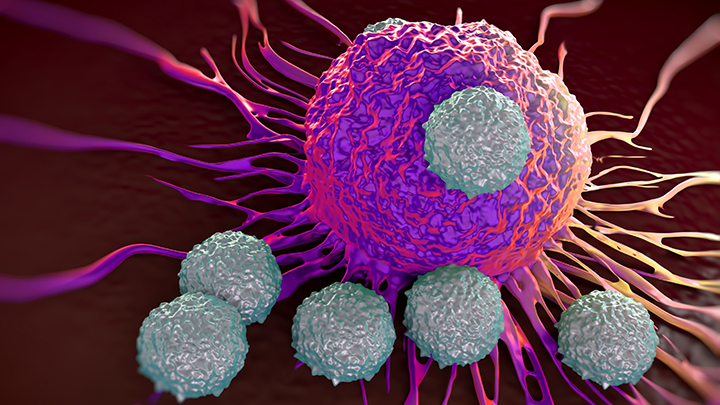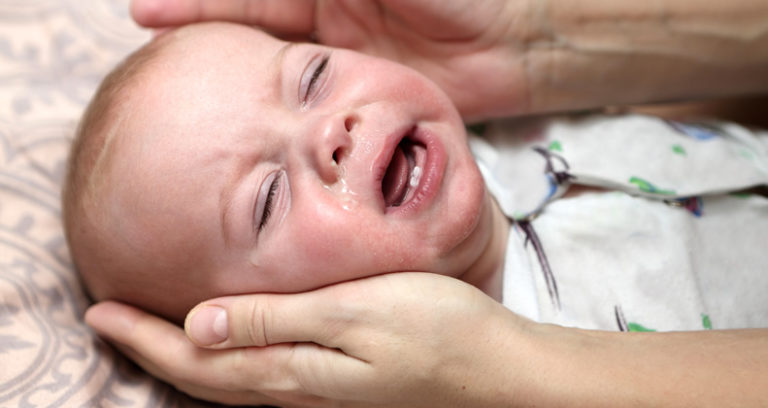Epidemiology and biostatistics
This broad area covers biostatistics, identifying the risk factors for chronic diseases, the effects of nutrition on health outcomes, assessing the impact of exposure to workplace hazards and identifying risk factors for adverse outcomes in pregnancy and early life.

Biostatistics
We focus on developing new statistical approaches for the analysis of datasets in epidemiology.
View researchers
School of Public Health
Professor Lee focuses on development of risk score models for non-communicable diseases and advanced statistical methods for complex epidemiological settings.
Dr Pereira develops new statistical methods, particularly for quasi-experimental designs, and new approaches for creating maps of disease risk.
Dr Zhao has interests in the applications of statistical methods to address problems in multidisciplinary research areas (epidemiology, public health, environmental and occupational health and safety, and others), supervises HDR/MPH/Honours students and provides statistical advice/support to research students.
Chronic disease epidemiology and prevention
Our research focuses on identifying the risk factors for chronic diseases and on creating strategies to reduce the incidence of chronic diseases through preventive interventions.
View researchers
School of Public Health
Dr Carey is currently estimating the burden of cancer as result of exposure to lifestyle factors and the number of cancers that could be prevented under different intervention scenarios.
Dr Chih’s research area is on the relationship between lifestyle factors (in particularly food, nutrition and mindfulness practice) and the physical and mental health as well as lifestyle intervention for preventable chronic diseases.
Dr El-Zaemey mainly focuses on studying the risk of cancer with exposure to workplace hazards with a particular focus on pesticides.
Professor Fritschi has led, and is still leading, many large case-control and cohort studies investigating occupational hazards as well as non-occupational causes of cancer.
Professor Lee’s research is focused on lifestyle and diet in relation to pregnancy, postpartum and infant health outcomes in China and Vietnam.
Associate Professor Alison Reid
Professor Reid’s research is focused on investigating cancer risks related to exposure to asbestos.
Nutritional epidemiology
We investigate the effects of nutrition on health outcomes.

View researchers
School of Public Health
Dr Black’s research focuses on the potential of diet and nutrients to reduce the risk and early disease progression of multiple sclerosis. She is also investigating the food supply of vitamin D in Australia, in order to develop food-based strategies to increase vitamin D status at the population level.
Associate Professor Deborah Kerr
Associate Professor Kerr’s research is focused primarily on improving diet through behaviour change interventions. Over the past 10 years she has been working with her international collaborators to find technology-based solutions to improving dietary assessment which has resulted in the development of a mobile food record.
Professor Scott’s research interests are in public health nutrition and nutritional epidemiology and she is recognised internationally for her research into determinants of early childhood feeding practices, in particular breastfeeding. She has led the development and trialling of Milk Man the world’s first breastfeeding smartphone app for fathers.
Occupational and environmental epidemiology
Our research focuses on assessing exposure to hazards in the workplace and the environment and investigating if exposure to these hazards is associated with impaired health.
View researchers
School of Public Health
Dr Carey’s research is focussed on estimating the prevalence of exposure to carcinogens and the future burden of cancer resulting from current occupational exposures.
Dr Daly is focussing on assessing exposure to workplace psychosocial hazards among migrant workers.
Dr El-Zaemey is currently investigating the current prevalence of occupational exposure to specific asthmagens and identifying the main circumstances of exposures.
Professor Fritschi’s expertise is in assessing exposure to chemicals at work and she has developed a web-based application (OccIDEAS) to do this which is being used internationally (www.occideas.org).
Mrs Lewkowski is focusing on estimating the number of Australian workers who are currently being exposed to harmful levels of noise, hand-arm vibration and ototoxic chemicals.
Dr Pereira is researching the effects of air pollution, the built environment and the outdoor environment on health and wellbeing.
Associate Professor Alison Reid
Associate Professor Reid’s research is focused on examining exposure to workplace carcinogens, psychosocial hazards and work-related injuries and fatalities among migrant workers and comparing their prevalence of exposure to that of Australian-born workers.
Perinatal and paediatric epidemiology
Our research focuses on identifying risk factors for adverse outcomes in pregnancy and early life.

View researchers
School of Public Health
Professor Lee’s research is focused on lifestyle and diet in relation to pregnancy, postpartum and infant health outcomes in China and Vietnam.
Dr Malacova is currently developing statistical models to better estimate the risk of stillbirth and other birth outcomes.
Dr Marinovich is currently researching the effects of interpregnancy interval on pregnancy outcomes in multiple high-income countries.
Dr Pereira leads perinatal and children’s health research, including stillbirth prediction, identifying risk factors for preterm birth, effects of interpregnancy interval, and health effects in early childhood.
Annette’s research focuses on vaccine effectiveness and achieving healthy pregnancies.